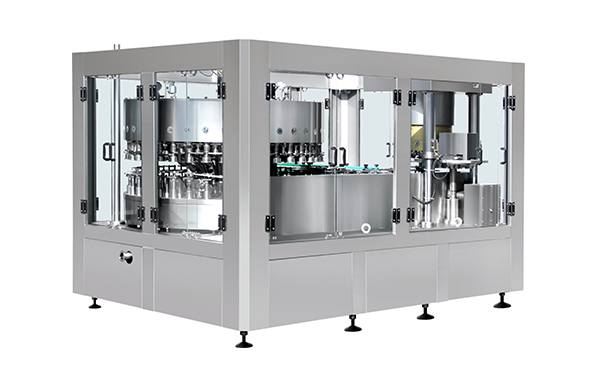With the development of society, there are more and more beer brands in our lives, with positioning ranging from high to low, and no matter what the consumption level is, they are suitable for us. Especially in the hot summer, everyone likes to meet a few friends for a drink and skewers, and the sales of beer have risen to a new level.
However, the beer industry has also undergone subtle changes in recent years. The people who recycle beer bottles that we have seen everywhere have now gradually disappeared. No one is now in the profession of recycling beer bottles. Why do most of the breweries no longer recycle bottles? You will understand after reading it!
In fact, it is very appropriate to use the beer can filling machine term "society is progressing" to summarize it. Since the cost of manufacturing beer bottles in the early days was higher than the cost of recycling, many factories would be willing to do beer bottle recycling. Nowadays, labor costs are getting higher and higher, so the cost of recycling beer bottles has far exceeded the cost of manufacturing glass bottles. Therefore, beer-producing companies are reluctant to do this uneconomical thing and recycle beer bottles.
In particular, the beer produced by some breweries is sold to various regions. Even in the local province, the transportation fee is not low, not to mention many of them are sold across the province. Old bottles will not be shipped back to the manufacturer until they have accumulated to a certain amount. Therefore, in addition to transportation costs, manufacturers must also bear the costs of storing old bottles, labor costs and other related costs.
And the beer bottles used by each brewery are different. Even if they are returned to the factory, the recycled bottles must be distinguished according to different manufacturers. And a beer bottle can be used for up to two years, so when returning an old bottle, you need to carefully determine when the bottle leaves the factory. All of these require investment of manpower and time, which is no longer cost-effective now.
After the old bottles pass the manual inspection, they are rinsed in the bottle washing machine, and finally pass through the empty bottle inspection machine. Only the remaining qualified bottles are sent to the beer filling machine for filling. Although the entire process is fully automated, the entire process still requires maintenance costs.
 简体中文
简体中文 English
English

